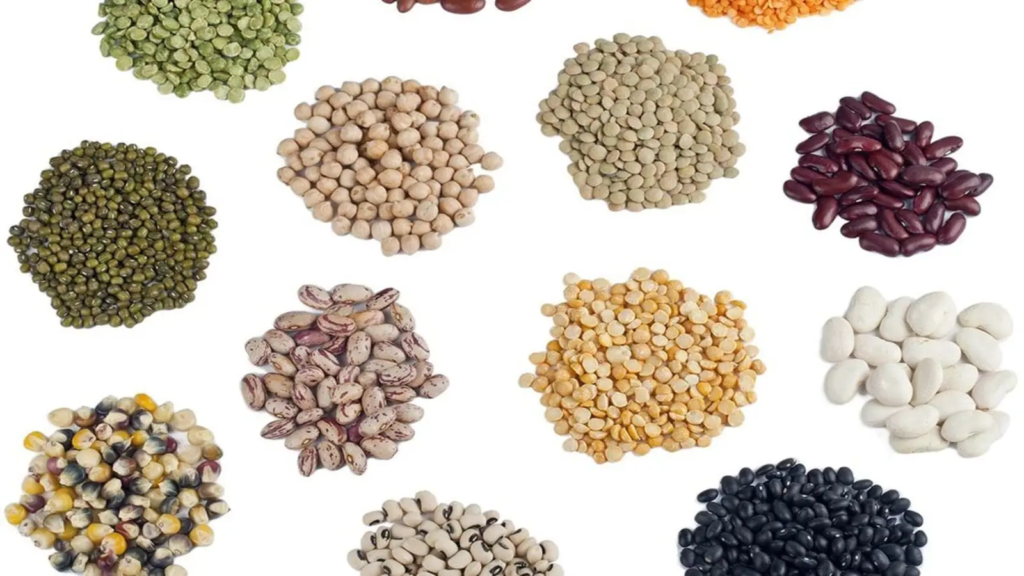
By Derrick Wanjala.
Farmers and stakeholders in Kenya are urging the government to review the Seed and Plant Varieties Act to better reflect the needs and contributions of smallholder farmers, who are the country’s biggest producers.

This call comes amid a legal dispute between the government and smallholder farmers over the Act, which aims to formalize the seed system in the country.
Participants at a recent engagement forum on the conservation of biocultural diversity in Kenya emphasized the importance of involving farmers in policymaking processes. They argue that the current legislative framework often excludes the voices and knowledge of those directly impacted by such laws.
“Whenever seed laws and legislations are enacted or discussed at a policymaking level, those living with and implementing these laws, who have centuries of knowledge about them, are not consulted,” said one participant. “At the end of the day, the imposition or reinforcement of these laws falls back on the farmers.”
The government is currently in a legal tussle with smallholder farmers over the Seed and Plant Varieties Act. The legislation seeks to streamline the seed system in the country but has faced opposition from farmers who feel excluded from the decision-making process.

However, there have been positive developments in policy engagement. “We have been speaking with different policy departments, and we’re happy that steps are being taken,” said a representative. “Right now, there is a review of the access and benefit-sharing regulations in the country, but the Seed Act requires proper review.”
The forum highlighted the need for a more inclusive approach that respects the diverse cultural and ancestral wisdom of different communities. Participants called for a wide consultative platform to address any issues and ensure that the voices of smallholder farmers are heard and integrated into the policymaking process.
One farmer at the forum shared their frustrations, stating, “We have been farming for generations, and our methods have sustained us. The new laws do not take our traditional knowledge into account and instead impose a one-size-fits-all approach.”
The Seed and Plant Varieties Act aims to regulate the production, distribution and sale of seeds to ensure quality and uniformity. However, critics argue that it disproportionately favors large-scale commercial seed companies and overlooks the contributions of smallholder farmers who produce a significant portion of the country’s food.
A key issue raised was the lack of access to certified seeds for smallholder farmers. “Certified seeds are often expensive and inaccessible to many smallholder farmers,” said another participant. “We rely on our saved seeds, which are well adapted to our local conditions, but the Act does not recognize or support this practice.”
In response to these concerns, the government has stated its commitment to engaging with farmers and other stakeholders to address their issues. A government official at the forum noted, “We are open to dialogue and are currently reviewing the Act to make it more inclusive and beneficial to all farmers.”

The ongoing legal dispute has brought attention to the broader issues within Kenya’s agricultural sector. Smallholder farmers, who make up the majority of the farming population, often face challenges such as limited access to resources, market volatility, and inadequate support from government policies.
One proposed solution is the establishment of a national seed bank that would preserve and promote indigenous seed varieties. “A national seed bank would help protect our agricultural heritage and provide a resource for future generations,” suggested a participant.
The importance of conserving biocultural diversity was also emphasized at the forum. “Our agricultural practices are not just about food production; they are deeply connected to our cultural identity and heritage,” said a speaker. “We need policies that recognize and support this diversity.”
Participants also called for greater investment in agricultural research and development. “Research is crucial for developing resilient and sustainable farming practices,” said an attendee. “We need more funding and support for research institutions that focus on the needs of smallholder farmers.”
Another suggestion was to improve extension services that provide farmers with technical assistance and information. “Extension services are vital for helping farmers adopt new technologies and practices,” noted a participant. “We need more trained extension officers who can work closely with farmers.”
The forum concluded with a call to action for the government to prioritize the needs of smallholder farmers in all agricultural policies. “Our farmers are the backbone of the country’s food security,” said a representative. “Their voices must be heard, and their contributions must be recognized and supported.”
As the legal tussle continues, the hope is that a more inclusive and consultative process will lead to policies that benefit all farmers and ensure the sustainability of Kenya’s agricultural sector. The review of the Seed and Plant Varieties Act is seen as a critical step in this direction.
In the meantime, smallholder farmers continue to advocate for their rights and push for changes that will enable them to thrive. “We are resilient and resourceful,” said a farmer. “With the right support, we can overcome these challenges and continue to feed the nation.”

The engagement forum on conservation of biocultural diversity provided a platform for farmers, policymakers, and stakeholders to discuss these pressing issues. It highlighted the need for ongoing dialogue and collaboration to create a more equitable and sustainable agricultural system in Kenya.
As the debate over the Seed and Plant Varieties Act unfolds, it serves as a reminder of the vital role that smallholder farmers play in Kenya’s agriculture. Their knowledge, experience, and dedication are essential for the country’s food security and agricultural development.
The call for a review of the Act is not just about policy; it’s about recognizing and valuing the contributions of smallholder farmers. It’s about creating a system that supports their efforts and ensures their voices are heard.



